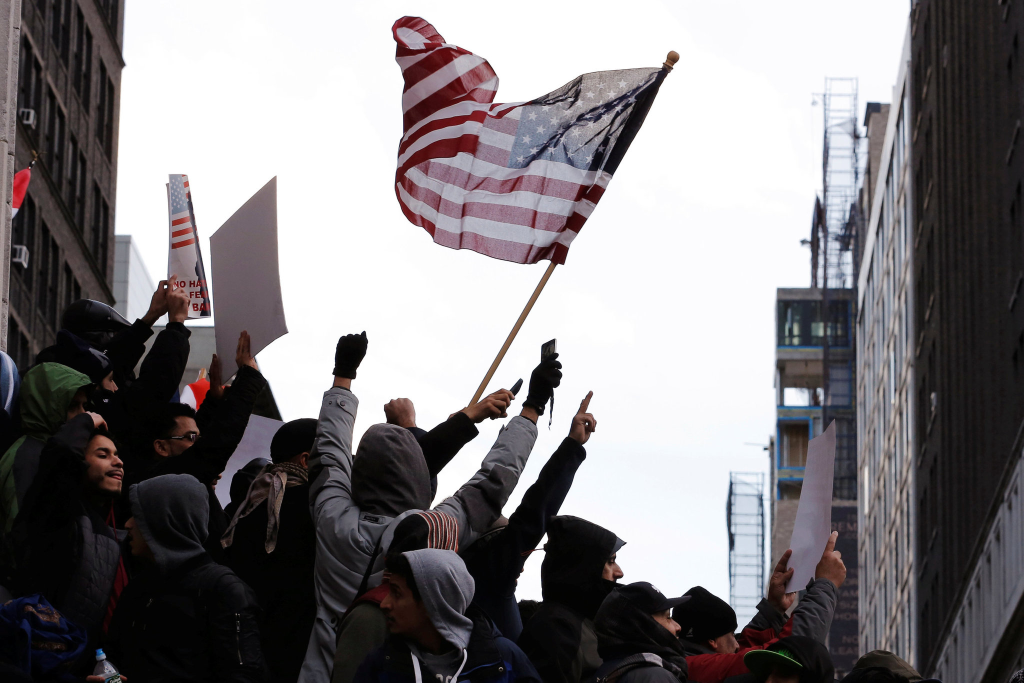You’ve probably seen it before—a sea of hands over hearts, voices reciting the Pledge of Allegiance, flags waving proudly in the air. It’s a scene that feels deeply American. But here’s the big question: does it still count as patriotism if it’s done out of pressure, not personal conviction?
Patriotism shouldn’t be a performance. It should be a choice—rooted in belief, not obligation. When we start equating loyalty to rituals with love for one’s country, we run the risk of turning free expression into a forced tradition. And in a democracy, that’s a dangerous line to cross.
Let’s dive into how real patriotism thrives when people are free to express it—or not—in their own way.

Beyond Flags and Pledges: What Patriotism Really Means
Patriotism isn’t about shouting the loudest or standing the straightest. Sure, symbols like the flag or the national anthem have meaning, but they’re not the whole story. Real patriotism comes from values—freedom, justice, and the right to choose your beliefs.
Think about it. If you’re required to say something or perform a gesture to prove your loyalty, is it really loyalty? Or is it just compliance? True national pride should never feel like a rule to follow. It should come from within.
Video: The Real Meaning of Patriotism | Major Ravi | TEDxUCERAllahabad
The Right to Choose: The Heart of Democracy
Democracy doesn’t work without freedom of thought. That includes the freedom to speak—and the freedom not to speak. In countries where expression is forced, patriotism becomes a mask people wear out of fear or pressure. That’s not unity—that’s silence disguised as harmony.
When people are free to decide how they express love for their country, they build a more honest, resilient society. It may not always look the same, but that’s the point. A healthy democracy allows for differences, not just in opinions, but in the way those opinions are shown.
The Pledge of Allegiance: Symbol or Obligation?
Let’s talk about the Pledge. For decades, it’s been a staple in schools, public events, and government meetings. For some, reciting it is a source of pride and identity. For others, it’s a daily ritual that doesn’t align with their personal or religious beliefs.
The beauty of a free country is this: both of those people are right.
Take schools, for example. Some give parents the option to choose whether their child participates in the Pledge. That simple permission form isn’t just administrative—it’s symbolic. It acknowledges that belief can’t be standardized, and respect doesn’t have to look identical across the board.
When Not Participating Is Patriotic

Choosing not to participate in a patriotic tradition might seem controversial, but it can actually be a bold act of patriotism itself. Why? Because it defends the freedom to believe differently.
It’s easy to go with the crowd. It’s harder to stand by your values when they’re unpopular. Whether it’s sitting out the Pledge or choosing to stay silent during a national anthem, these decisions—when made out of conviction—are powerful reminders of what democracy is truly about.
Respecting Differences: The True Test of Unity
Real unity isn’t about everyone doing the same thing at the same time. It’s about everyone feeling safe to be themselves. That includes respecting people who express their patriotism in ways you wouldn’t choose.
Picture a classroom: some kids stand for the Pledge, others sit quietly. They may not agree, but they’re learning something deeper than words—they’re learning how to live in a free society where people can coexist without forcing conformity.
That’s a lesson way more valuable than just memorizing lines.
A Handwritten Note, A Deeper Meaning
Video: Barack Obama: Speech on Patriotism
There’s a story about someone who declined participation in the Pledge and left a handwritten note explaining why. It wasn’t loud or angry. It was thoughtful, calm, and personal.
That note did more to show love for freedom than any recitation ever could. It stood for something. It said: I believe in this country enough to protect my right to think differently.
That’s patriotism with depth, not just display.
Tradition Should Never Be a Cage
There’s nothing wrong with loving tradition. But when tradition becomes mandatory, it stops being meaningful. Reciting the Pledge out of habit is one thing. Doing it because you believe in it? That’s something else entirely.
The most powerful traditions are the ones we choose. The ones that reflect who we are and what we stand for—not the ones we’re told to follow without question.
Freedom First: That’s the Real Unity

People often say, “We need more unity.” And sure, that sounds great. But forced sameness isn’t unity. Real unity comes from shared values—not identical actions. If we all believe in the freedom to choose, then we’re already united on the most important level.
You don’t have to wear a flag to love your country. You don’t have to sing an anthem to care about its future. You just have to respect the freedoms that give those actions meaning in the first place.
Conclusion: Patriotism Should Never Be Forced
True patriotism is personal. It doesn’t come from standing in line or repeating a script. It comes from believing in the principles that built this country—especially the principle of freedom.
You don’t prove your loyalty through rituals. You prove it by defending others’ right to choose. By speaking your mind. By respecting differences. And by remembering that the most patriotic thing you can do might just be standing up—for someone else’s right to sit down.
In the end, forced tradition weakens the very freedoms it claims to honor. Let’s stop measuring patriotism by how loudly someone recites a pledge and start measuring it by how deeply they protect the right to choose


